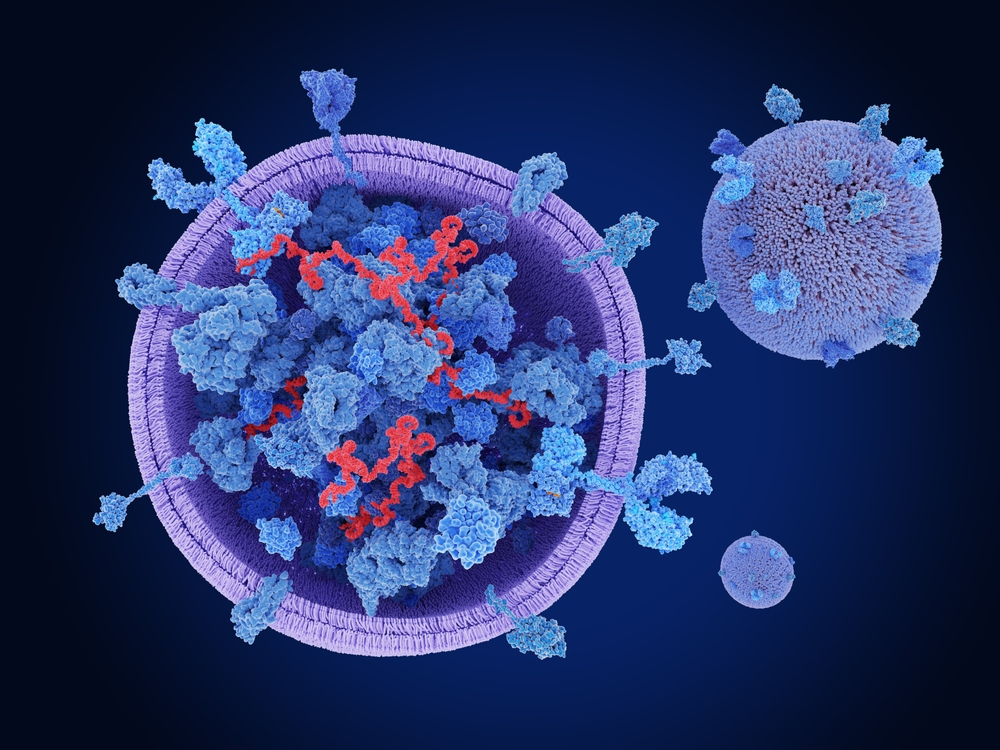Patients considering a FUE or FUT hair transplant often have several questions for their surgeons during consultations, and understandably so. One of the most common questions asked by patients is whether they can drive themselves back home after a hair transplant surgery. While this question may seem relatively insignificant, in reality, it is a very significant one. While some patients may want to keep their hair transplant procedure a secret, some may not be comfortable with the idea of someone else driving them home.
This brings us to the question – can patients drive themselves home after a hair transplant surgery?
The answer is, technically, yes. Hair transplant patients can drive themselves back post-surgery.
Similar to a dental procedure, the patient is administered with local anesthesia during a hair transplant surgery. This anesthesia creates a numbing effect only in the portion where the medication is administered, ensuring the patient does not feel any pain during the procedure. However, unlike general anesthesia, local anesthesia does not affect your level of consciousness. General anesthesia puts patients into a sleep-like state, rendering them completely unconscious and unresponsive. Patients also need to have their vital signs, such as their breathing and oxygen levels, continually monitored. With local anesthesia, the patient is completely awake and conscious. There are no symptoms of confusion or grogginess.
It is natural for patients to feel slightly nervous or anxious on the day of the surgery. To make sure the patients are at ease, they may be given the option of taking anti-anxiety medications such as Xanax or Valium. These medications belong to the benzodiazepine class of drugs, which are essentially psychoactive drugs used to treat symptoms like insomnia, anxiety, panic attacks, etc. While these medications are safe and effective, patients are not recommended to drive for a few hours after taking them. However, the good thing is that the body begins to eliminate half of the dosage in approximately 8-16 hours. After this, the patient may drive if he or she is comfortable. On the day of surgery, a low dose of this medication is usually given early in the morning, before the surgery. With the surgery typically concluding post-noon, there is enough time for the medicine to clear out the system partially. By the end of the surgery, the doctor will ensure that the patient is feeling well. If not, the patient will be recommended to hail a cab instead of driving back home.
Patients are also prescribed pain medications for their after-surgery recovery process. While most patients typically begin taking these medications after they go home after the surgery, some may opt to take them right after the surgery, at the doctor’s clinic itself. In such instances, doctors do not recommend patients drive after the surgery or suggest someone else drive them home. Unlike anti-anxiety medications, pain medication takes much longer to clear from the system, rendering the patient unfit to drive.
Besides medication, some other factors also need to be considered, e.g., the distance between the clinic and the patient’s home. Pain medication typically needs to be taken 3 hours after surgery since the numbing effect begins to wear off. So if the patient is driving a long distance, he or she may experience discomfort. Also, most patients experience fatigue and tiredness after a FUT or FUE hair transplant since the surgery can last up to 6-9 hours on average. So if the patient is too tired or has trouble focusing, it is recommended someone else drives the patient home. The patient can take the pain medication in the car to ease their discomfort. So while patients can technically drive themselves back home, it will ultimately depend on certain factors such as medication, fatigue, distance, and their overall comfort level.
Your search for the best hair transplant doctor in NJ ends with us at the New Jersey Hair Restoration Center. Book a consultation today with our experts at NHRC for the best guidance and treatment options. Our services include FUT hair transplants and FUE hair transplants, PRP Therapy, Medical Management for hair loss, PepFactor, Laser Cap, and much more.


